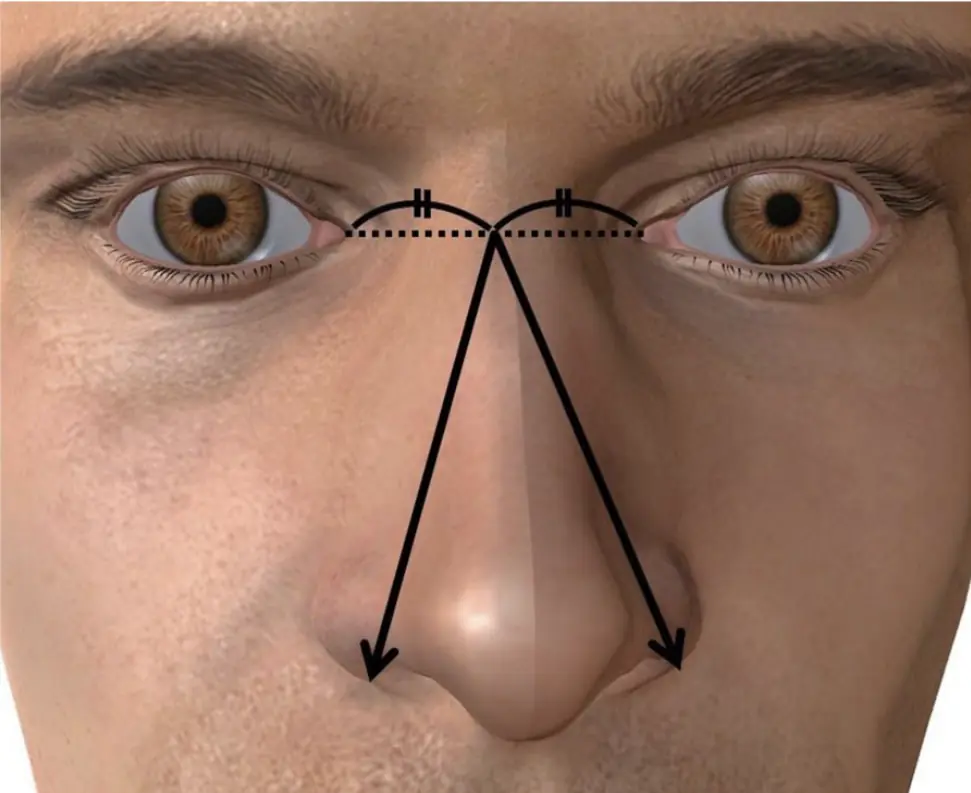Penis Length Correlations
There are a lot of old wives tales and myths about different things on a man's body that his penis length might be correlated to.
Some of these are indeed myths, but there is actually some truth to several of these, though sometimes not in the way that you think.

✅ Correlation Between Height Size and Penis Length 🦒
There are a number of studies that show a correlation between a man's height and his penis length.
The Korean study mentioned in the section on hand size and penis length also tested height, and found that there was a correlation between a man's height and his penis size while flaccid.
A meta-study from 2015 looked at a few different studies and found that there were 2 studies that showed a medium correlation between height and penis length, another seven studies that found there was a small correlation between height and penis length, and a couple more studies that showed there was little or no correlation between height and penis length.
It's not really clear why this might be, but it could be as simple as living up to your genetic potential. People who reach a high height probably got ample and consistent nutrition growing up. They lived in environments that allowed them to reach their peak genetic potential.
The same might be true of penis length. If you ate well and got some exercise as a kid, maybe you're more likely to have a bigger penis when you get older.
❌ Correlation Between Foot (or Shoe) Size and Penis Length 🦶
Unfortunately for all the large footed guys out there, there is very little evidence for any correlation between foot size and penis length, or shoe size and penis length. The same goes for any sort of correlation between shoe size and penis girth.
Some studies (see references) have shown a very weak correlation between foot size and penis length, but not enough of a correlation to be useful for actually predicting penis length.
It is important to note that none of these studies are particularly large, and all of them seem to measure the flaccid, stretched length of the penis. So maybe there is hope that shoe size correlates to erect penis length?
✅ Correlation Between Hand Size and Penis Length 🙋♂️
There isn't much evidence for a correlation between the overall size of your hand and your penis length.
However, there is some evidence that the ratio between your pointer finger and your ring finger does correlate with the length of your penis. Basically, if you have a ring finger that is a lot longer than your pointer finger, you're more likely to also have a longer penis.
The reasoning for this is that finger lengths differ in men and women. For men, exposed to male hormones in the womb, their ring finger tends to be longer than their pointer, whereas women are likely to have fingers that are about the same length.
Based on that insight, researchers hypothesized that penis length might also be affected by how much male hormones a man was exposed to in the womb. All things being equal, lots of male hormones in the womb would mean a longer penis.
Researchers in Korea tested this hypothesis, looking to see if men who had ring fingers longer than their pointer fingers also had longer penises, and they found that this was true. The larger the difference between the two fingers, the more hormones you were probably exposed to, and the longer your penis is likely to be.
So you can thank (or blame) your mom for the amount of male hormones you got in the womb, which probably had an affect on how big your penis turned out to be!
✅ Correlation Between Nose Size and Penis Length 🤥

Measuring the nose to compare to penis length
There aren't many studies looking at the relationship between nose size and penis length, but the few studies that there are show a strong correlation.
For the record, nose size was measured from the bridge of the nose, down the side to the base, at the outside of the nostril.
You're mostly born with the nose you'll have for the rest of your life. Like some of the researh above, this indicates that penis length and girth is probably largely determined before you're born. Environmental factors after you're born can play a role, but only so much.
References 🤓
- The relationships among height, penile length, and foot size
- Can shoe size predict penile length?
- Second to fourth digit ratio: a predictor of adult penile length
- Am I normal? A systematic review and construction of nomograms for flaccid and erect penis length and circumference in up to 15,521 men
- Penile length-somatometric parameters relationship in healthy Egyptian men
- Penile size and somatometric parameters among Iranian normal adult men
- Nose size indicates maximum penile length
- Penile length and circumference: are they related to nose size?